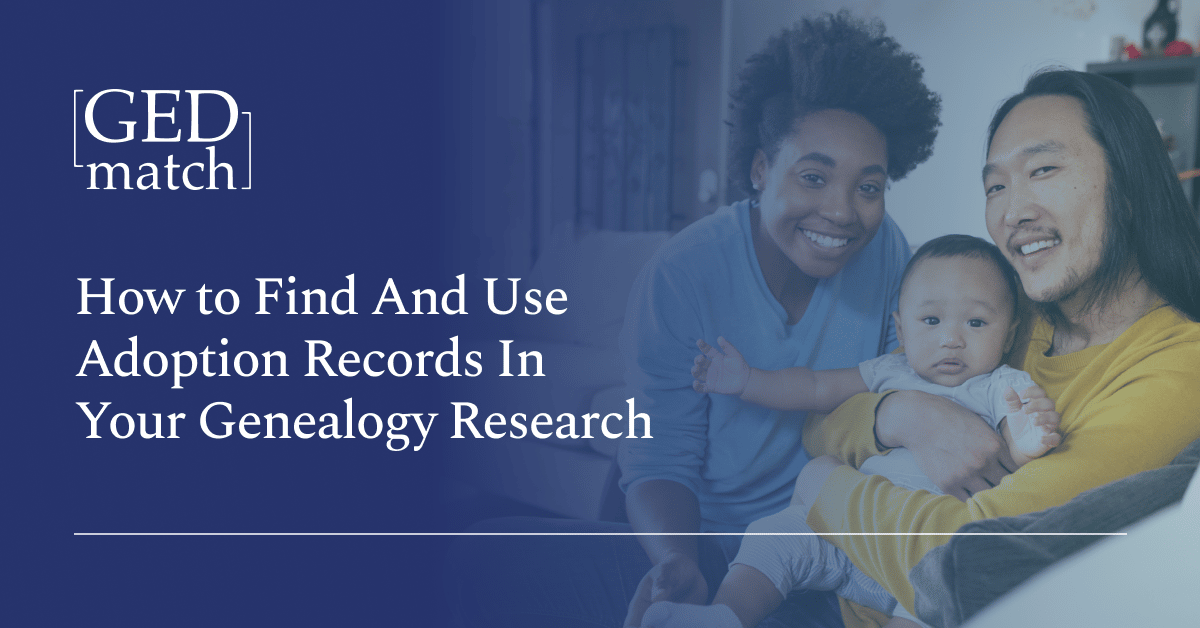There are many reasons why someone might want to search for their birth parents after being adopted. It can be a very emotional and difficult process, but it is important to understand the types of records that are available and what state and federal laws apply. This knowledge will help you to be prepared in case you encounter any difficulties during your search.
How To Find Adoption Records
If you’re thinking about undertaking an adoption search, there are a few things you should know. First, gather as much information as possible from home sources, including interviews with extended family members. This will help you determine if the adoption records in your case are open or closed. You may also request the original birth certificate and court documents if allowed. In some states, you can sign up for an adoption registry or medical information exchange program. These programs can provide non-identifying information from the original birth certificate (OBC).
Original Birth Certificate
At the time of a baby’s birth, their original birth certificate is created. This document features the child’s birth name, as well as the date and place of their birth. The mother’s name is also included on the certificate, and in some cases, the father’s name may appear as well.
Once a child is adopted, their birth certificate is amended to include the adoptive parents’ names and the child’s new name. In some cases, the child’s birthplace may be removed or changed.
In states with closed records, the original birth certificate becomes sealed and unavailable. This might be permanent, or it may last until a legislatively prescribed benchmark, such as the adoptee’s 21st birthday. Sometimes adoptees have a copy of their original birth certificate if they request it before records are sealed.
Orphanage Records
Another way to get started is by requesting non-identifying information from the agency or court that handled the adoption or checking for orphanage records, which might provide some information about your birth family. In the case of Roman Catholic adoptions, adoptees can ask for baptismal information. Sacramental records are available to involved parties and sometimes contain identifying information on birth family members.
Court Records
The adoption process begins with the filing of a petition by the prospective parents, who must notify the court of their intention to adopt. The petition will include the child’s birth name as well as the name of their birth mother or guardian ad litem. In many cases, the birth mother will be listed as the “sole surviving parent,” even if the father is alive and well.
The final court document confirming the adoption is known as the decree, which lists the child’s birth and new names, as well as the name of their birth mother in some cases. The length of time between filing the petition and receiving the decree varies depending on state law and other factors presented in court. Once finalized, copies of the decree are sent to the new parents.

Maternity Homes
If your birth mother lived at a maternity home, there may be records there too. A maternity home was a place where pregnant women would go to live and sometimes work. It was common for unmarried women to be sent away from their homes during pregnancy in order to avoid judgement from others. You can check with local and state historical societies and archives to see if they have any preserved maternity home records.
Hospitals And Adoption Agencies
Adoptees can also try contacting the hospital where they were born to see if they have any personal medical information. Privately-arranged adoptions were often facilitated by physicians and/or attorneys, so their records may hold clues. Hospitals also sometimes retain birth registers or medical information on children born there. Another possibility is contacting an adoption agency; many agencies accept letters from family members to place in the adoption file.
Home Studies
Families that wish to adopt often go through a home study. This is where someone investigates the family and their home to see if they are suitable for adoption. Home studies have been used since the early 1900s in some states, and by the mid-20th century, many states were using them.
The agencies that placed children for adoption in the mid-20th century routinely gathered extensive information on the birth mothers of those children. This information typically included her ethnic background, religion, health, family situation, siblings, talents, education, occupation (hers and her parents’), and interests. In addition, agencies would document any known medical issues and immediate family members’ causes of death. Similar information was often gathered on the birth fathers.
There are a number of state laws that permit the release of non-identifying information from home studies. In privately-arranged adoptions, home studies may have been conducted by a rabbi, priest, doctor, lawyer, or court supportive services. In state-arranged placements, check with the county’s court supportive services department or the state’s child welfare agency.
How to Use Adoption Records in Your Genealogy Research
If you’re interested in adoption research, consider joining an online community focused on the topic. You’ll be able to connect with other people who are doing similar research and may be able to get helpful advice or information. Additionally, you can register on an adoption reunion registry. Some states have their own registry, but there are also several private ones.
There are a number of experts who can help with researching adoption records, including adoption search coordinators, state and judicial archivists, and Registers of Deeds and/or Probate. It is important to be aware of the applicable laws relating to adoption records in the area being researched, as this will determine what information can be accessed.




